- Home
- Health Condition
Medicine For Blood Pressure
Medicine For Blood Pressure
- Total Items (7673)
 RX
RXAbamlo 5 Tablet 10's
₹19.30
MRP ₹27.50
30% off
 RX
RXAbmetop 50 XL Tablet 10's
₹45.50
MRP ₹65
30% off
 RX
RXAbmetop 25 Xl Tab 10'S
₹30.80
MRP ₹44
30% off
 RX
RXAB-Ramprel 5 Tablet 10's
₹57.10
MRP ₹81.50
30% off
 RX
RXAB-Ramprel 2.5 mg Tablet 10's
₹36.40
MRP ₹52
30% off
 RX
RXAbtelmi 80 mg Tablet 10's
₹81.20
MRP ₹116
30% off
 RX
RXAbtelmi-AMH 40/5/12.5mg Tablet 10's
₹142.20
MRP ₹203
30% off
 RX
RXAbtolol-50 Tablet 14's
₹21.40
MRP ₹30.50
30% off
 RX
RXAusam 2.5 Tablet 10's
₹14
MRP ₹20
30% off
 RX
RXAusam 5 Tablet 10's
₹19.60
MRP ₹28
30% off
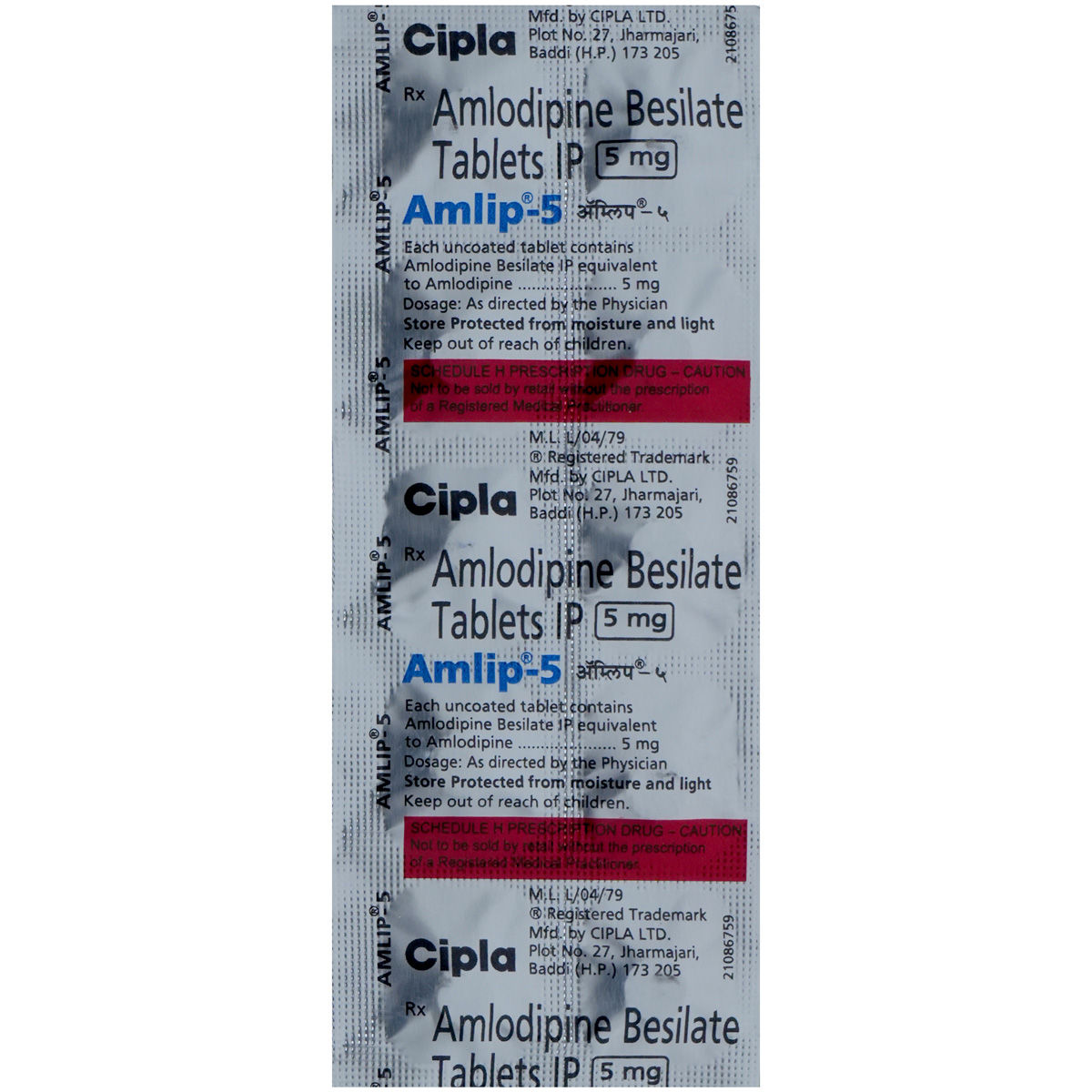 RX
RXAmlip-5 Tablet 10's
₹19.70
MRP ₹28
30% off
 RX
RXAmlip-2.5 Tablet 10's
₹14
MRP ₹20
30% off
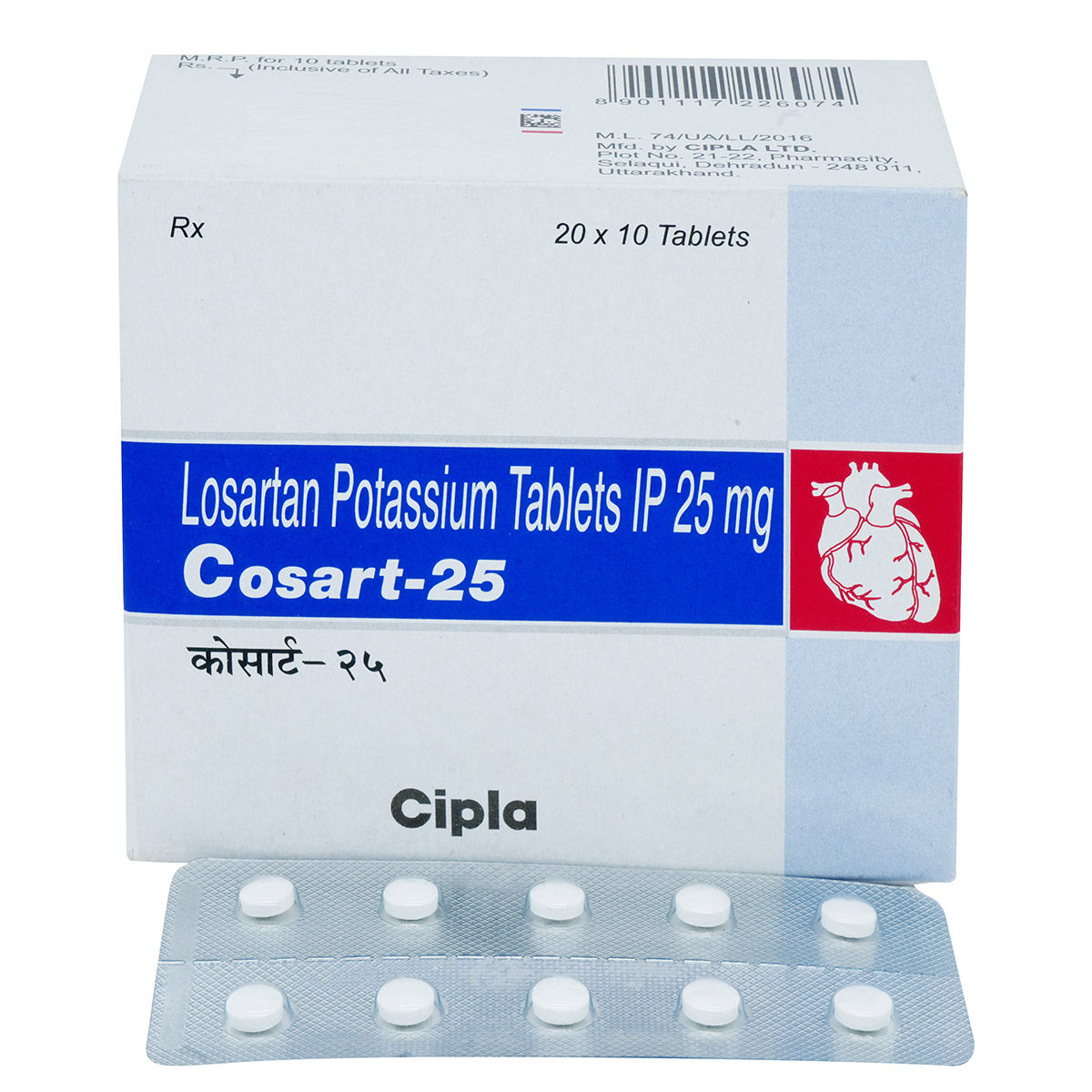 RX
RXCosart-25 Tablet 10's
₹28.40
MRP ₹40.50
30% off
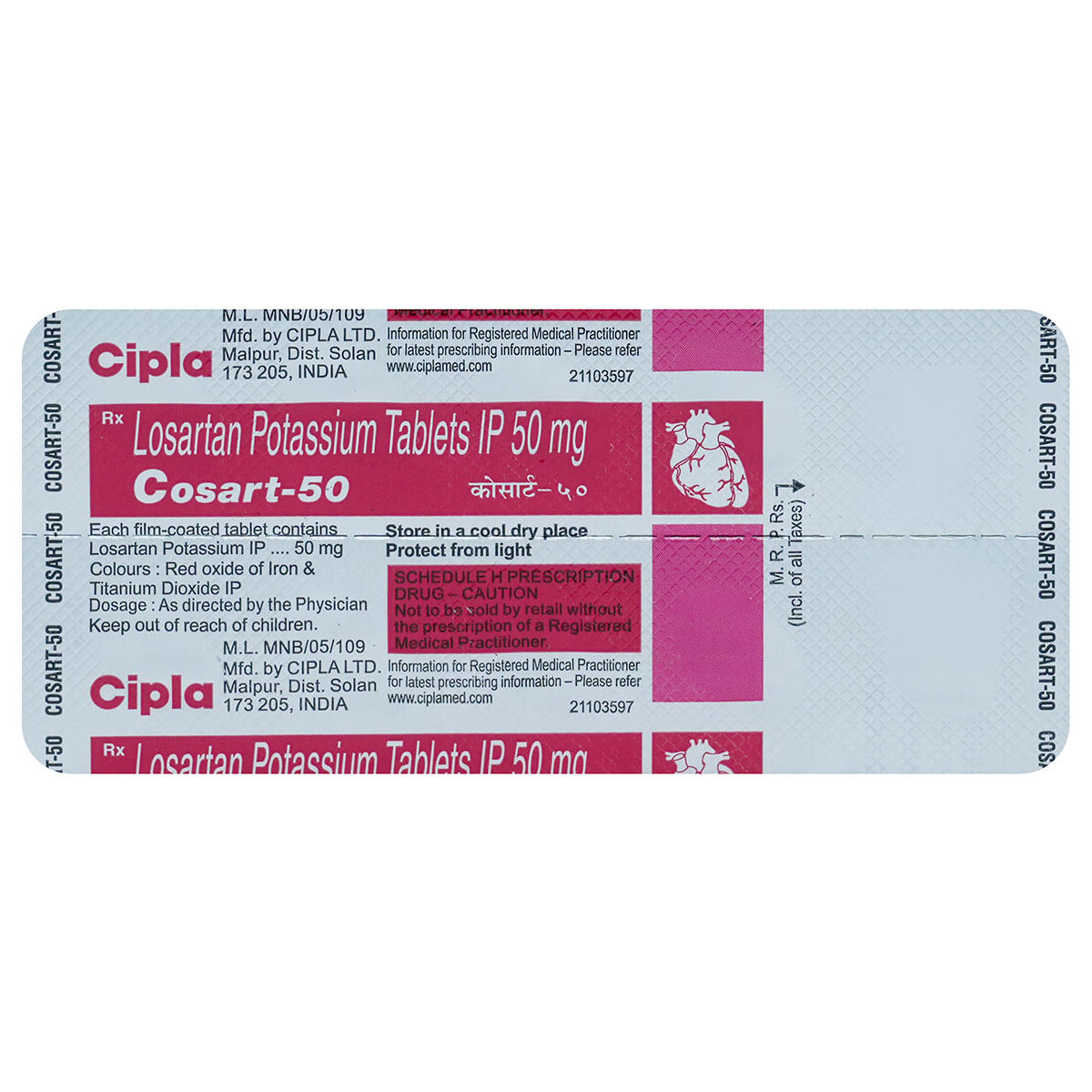 RX
RXCosart-50 Tablet 10's
₹44.90
MRP ₹64
30% off
 RX
RXCilogard 10 Tablet 10'S
₹69.70
MRP ₹99.50
30% off
 RX
RXCILOGARD 5MG TABLETLET
₹34.70
MRP ₹49.50
30% off
 RX
RXAquris Telartan-40 Tablet 10's
₹52.50
MRP ₹75
30% off
 RX
RXAquris Telartan Hyd-40 Tablet 10's
₹77
MRP ₹110
30% off
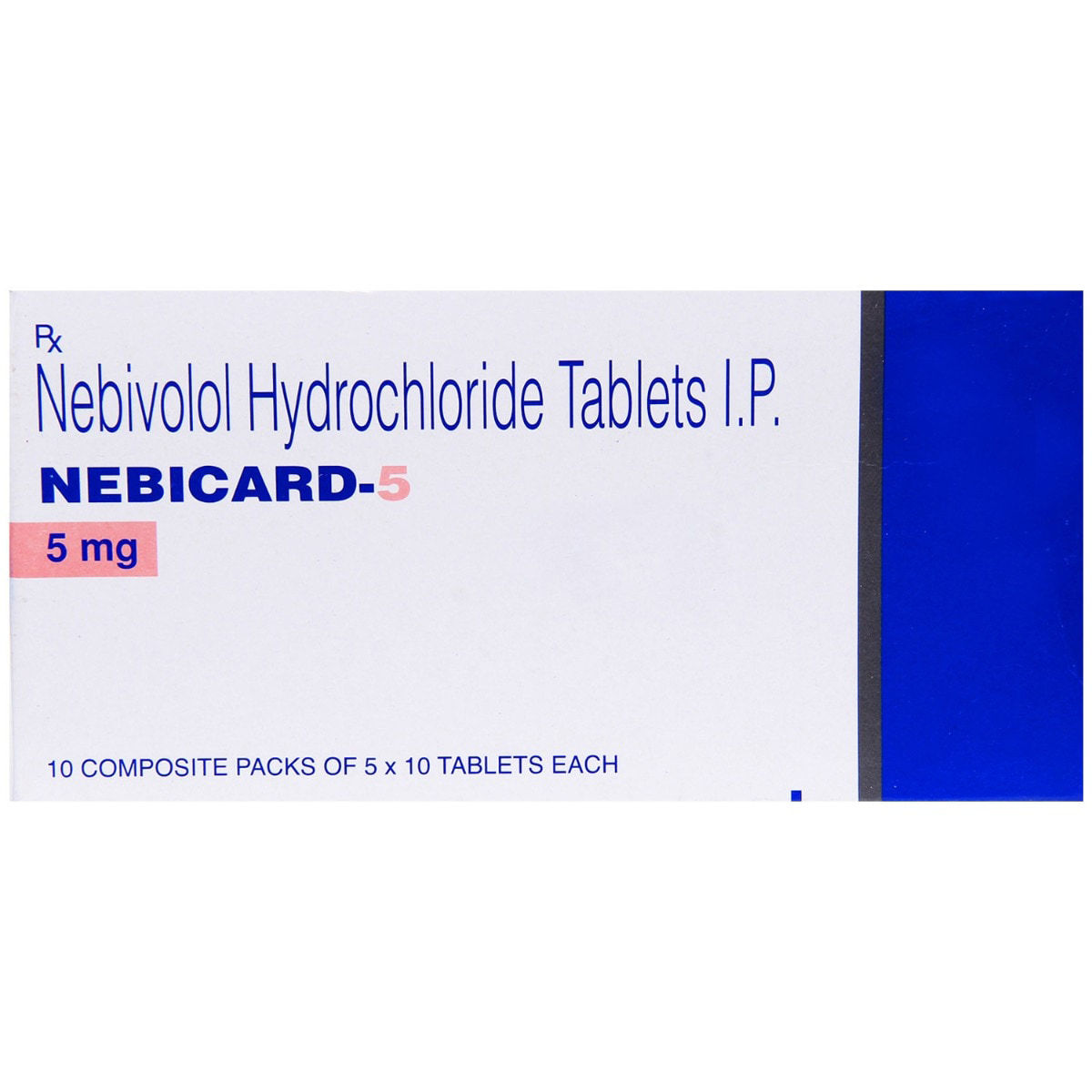 RX
RXNebicard-5 Tablet 10's
₹174.60
MRP ₹194
10% off
 RX
RXNebicard-2.5 Tablet 15's
₹162.50
MRP ₹180.50
10% off
 RX
RXMinipress XL 2.5 30's
₹496.80
MRP ₹552
10% off
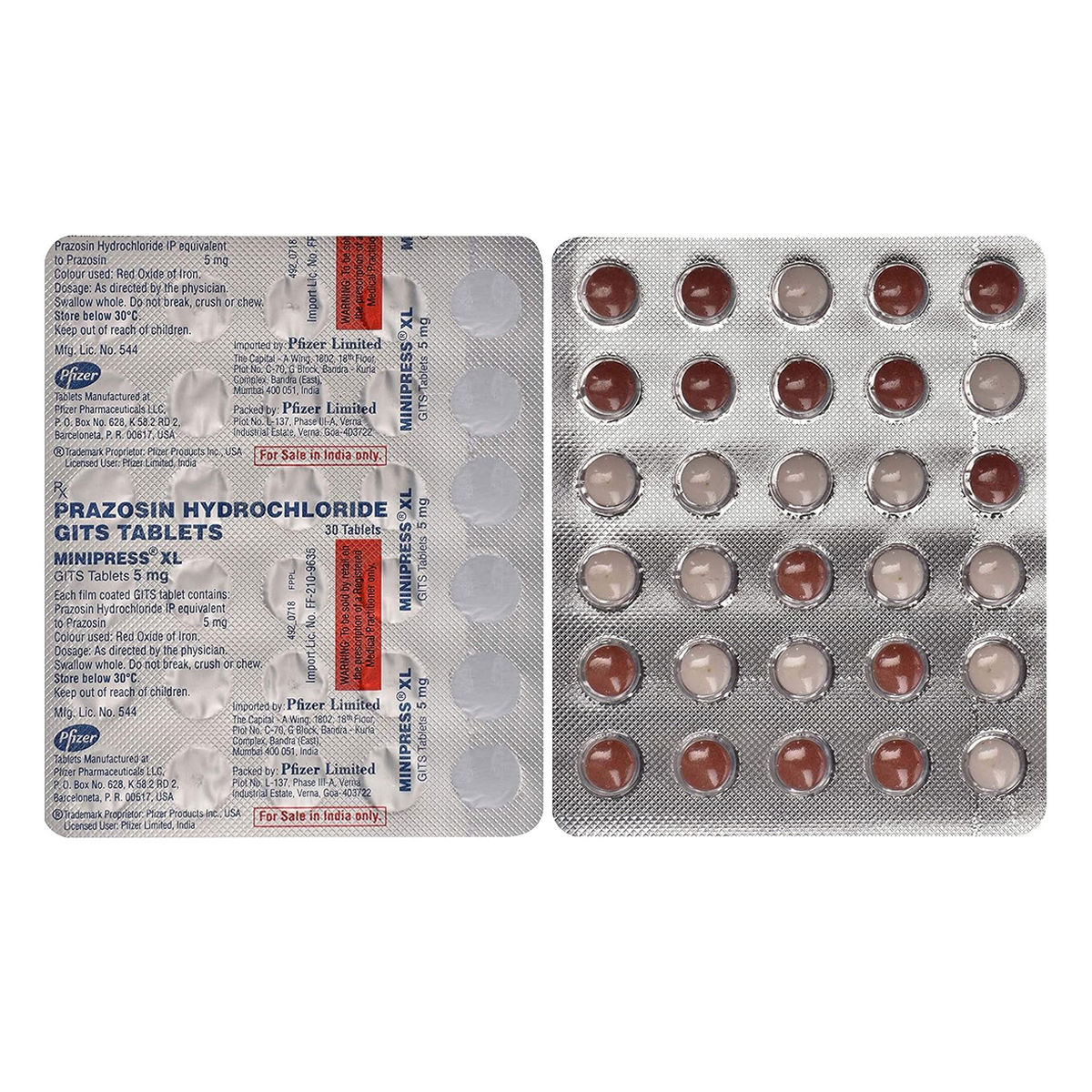 RX
RXMinipress XL 5 mg Tablet 30's
₹619.70
MRP ₹688.50
10% off
 RX
RXOlmezest 20 Tablet 10's
₹144
MRP ₹160
10% off
 RX
RXOlmezest 40 Tablet 10's
₹254.70
MRP ₹283
10% off
Medicine for Blood Pressure
Blood pressure is a crucial indicator of cardiovascular health. High blood pressure (hypertension) or low blood pressure (hypotension) can lead to severe health complications if left untreated. Hypertension increases the risk of heart disease, stroke, and kidney problems, whereas hypotension can cause dizziness, fainting, and shock in severe cases. Managing blood pressure effectively often requires lifestyle changes and medication. This guide explores the different types of medicines available for controlling blood pressure, their benefits, dosage recommendations, and key considerations.
Types of Medicines Used for Blood Pressure
Various types of medicines help regulate blood pressure, depending on whether it is too high or too low. These medications work by targeting different aspects of the circulatory system to maintain optimal blood pressure levels.
1. Antihypertensive Medications (For High Blood Pressure)
Hypertension is a chronic condition that requires proper medication to prevent complications. The most common types of antihypertensive medicines include:
a. Diuretics (Water Pills)
Diuretics help reduce blood pressure by removing excess sodium and water from the body through urine. This decreases the volume of blood, reducing the pressure in the arteries. These medications are often the first line of treatment for hypertension due to their effectiveness in controlling mild to moderate cases.
- Hydrochlorothiazide: Often prescribed for mild to moderate hypertension, it works by promoting sodium excretion, reducing fluid retention, and ultimately lowering blood pressure.
- Furosemide: Used for severe hypertension and conditions like heart failure, it is more potent than thiazide diuretics and is particularly effective for patients with kidney-related blood pressure issues.
- Chlorthalidone: Effective for long-term blood pressure control, it provides a longer duration of action than hydrochlorothiazide, making it an excellent option for sustained hypertension management.
b. Beta-Blockers
These medicines reduce the heart rate and the force of heart contractions, leading to lower blood pressure. They are particularly useful for patients with additional conditions such as angina, heart failure, or a history of heart attacks.
- Atenolol: Commonly used for high blood pressure and heart conditions, atenolol also helps prevent future cardiac events in patients with existing heart disease.
- Metoprolol: Prescribed for hypertension and heart failure management, metoprolol is often preferred due to its selective effect on the heart, reducing the likelihood of bronchial side effects.
- Propranolol: Also used to manage anxiety-induced hypertension, propranolol is effective in cases where stress and nervous system responses contribute to elevated blood pressure.
c. Angiotensin-Converting Enzyme (ACE) Inhibitors
ACE inhibitors relax blood vessels by blocking the production of angiotensin II, a hormone that narrows blood vessels. This allows blood to flow more freely, lowering blood pressure and reducing strain on the heart.
- Enalapril: Helps reduce blood pressure and prevent kidney damage in diabetics. It is commonly used in combination with diuretics for better control.
- Ramipril: Used to manage hypertension and heart failure, ramipril has also been found to reduce the risk of cardiovascular events in high-risk individuals.
- Lisinopril: Commonly prescribed for high blood pressure and heart protection, it is well tolerated by most patients and is effective in reducing complications associated with hypertension.
d. Angiotensin II Receptor Blockers (ARBs)
ARBs prevent angiotensin II from binding to receptors, helping blood vessels remain relaxed. These medications are often used as an alternative to ACE inhibitors, especially in patients who experience side effects such as persistent cough.
- Losartan: Helps lower blood pressure and protect kidney function, making it a preferred choice for hypertensive patients with diabetes.
- Valsartan: Used for hypertension and heart failure treatment, it is particularly effective in reducing the risk of hospitalization due to cardiac complications.
- Olmesartan: Effective in controlling blood pressure over the long term, it is often prescribed when other ARBs are not well tolerated.
e. Calcium Channel Blockers (CCBs)
These medicines prevent calcium from entering the heart and arterial walls, reducing blood pressure. They are especially effective in older adults and patients with conditions such as angina or arrhythmias.
- Amlodipine: A widely used medication for hypertension, it is known for its once-daily dosing and minimal side effects.
- Diltiazem: Helps manage blood pressure and irregular heartbeats, making it useful for patients with both hypertension and arrhythmias.
- Verapamil: Used to treat high blood pressure and angina, it is effective in cases where beta-blockers may not be suitable.
f. Alpha-Blockers
Alpha-blockers relax blood vessels by preventing the hormone norepinephrine from tightening blood vessels. These medications are particularly useful for patients who have high blood pressure along with prostate issues.
- Prazosin: Used to treat both hypertension and prostate enlargement, it is effective in reducing nighttime blood pressure spikes.
- Doxazosin: Effective for high blood pressure and urinary issues in men, it is often recommended for patients with benign prostatic hyperplasia.
g. Central-Acting Agents
These medications work in the brain to lower blood pressure by reducing nerve signals that tighten blood vessels. They are often used when other antihypertensive medications are not effective.
- Clonidine: Used for resistant hypertension, clonidine is also prescribed for withdrawal symptoms in opioid dependence.
- Methyldopa: Often prescribed for high blood pressure during pregnancy, methyldopa has a long history of safe use in expectant mothers.
2. Medications for Low Blood Pressure (Hypotension)
Hypotension can cause symptoms like dizziness, fainting, blurred vision, and even shock in severe cases. While some individuals naturally have low blood pressure without complications, others may experience symptoms that require medical intervention. Medications to treat hypotension work by increasing blood volume, constricting blood vessels, or altering nerve signals to maintain stable blood pressure levels.
A. Fludrocortisone
A corticosteroid that helps increase blood volume by promoting sodium and fluid retention in the kidneys. This medication is particularly useful for individuals experiencing chronic hypotension or orthostatic hypotension (a sudden drop in blood pressure when standing up). By increasing the retention of sodium, fludrocortisone indirectly raises blood pressure, reducing symptoms such as dizziness and fainting.
Fludrocortisone is typically prescribed at low doses to avoid excessive fluid retention and swelling. Patients taking this medication may need to monitor their salt intake to balance the effects and prevent complications such as high blood pressure in the long term.
B. Midodrine
Used to treat orthostatic hypotension, midodrine works by stimulating receptors in blood vessels, causing them to constrict and increase blood pressure. It is often prescribed for individuals who experience significant drops in blood pressure when moving from a seated or lying position to standing.
Midodrine is taken in multiple doses throughout the day to provide stable blood pressure control. Unlike fludrocortisone, which influences fluid retention, midodrine directly affects blood vessel constriction, making it effective in cases where the nervous system fails to regulate blood pressure properly. Patients using this medication should take precautions to avoid lying down immediately after taking a dose, as this can lead to excessive blood pressure increases.
Other Supportive Treatments for Hypotension
In addition to prescription medications, doctors may recommend other treatments to help stabilize blood pressure. These can include increasing fluid and salt intake, wearing compression stockings to prevent blood pooling in the legs, and making gradual movements when transitioning between positions. In cases where low blood pressure is caused by an underlying condition such as adrenal insufficiency or autonomic dysfunction, treating the root cause is essential for long-term management.
For individuals with episodic hypotension due to dehydration or prolonged standing, lifestyle adjustments and proper hydration may be sufficient to manage symptoms without the need for medication. However, those with chronic or severe hypotension often require a combination of medication and supportive measures to maintain stable blood pressure levels.
Benefits of Using Medicines for Blood Pressure
Taking blood pressure medication as prescribed can help prevent severe complications and improve overall health. Some benefits include:
- Reduced Risk of Heart Disease: Proper blood pressure management lowers the chances of heart attacks and strokes.
- Kidney Protection: Many antihypertensive drugs help prevent kidney damage, especially in diabetic patients.
- Better Quality of Life: Stable blood pressure reduces symptoms like headaches, dizziness, and fatigue, allowing you to function better daily.
- Prevention of Aneurysms: High blood pressure can cause blood vessels to weaken and bulge, leading to aneurysms. Medications help prevent this risk.
- Long-Term Health Maintenance: Controlling blood pressure reduces the risk of cognitive decline and other age-related complications.
Dosage & Usage Instructions of Blood Pressure Medicines
The appropriate dosage of blood pressure medications depends on several factors, including the severity of the condition, the patient’s medical history, and their response to treatment. It is essential to follow a doctor’s prescription and adjust the dosage as needed under medical supervision. Below are general guidelines for different categories of blood pressure medicines:
1.Diuretics
These medications help reduce excess fluid and sodium in the body to lower blood pressure. They are usually taken once daily, but the dosage may vary based on individual health conditions and doctor recommendations.
2.Beta-Blockers
Beta-blockers work by slowing the heart rate and reducing the force of heart contractions, helping to lower blood pressure. They are typically taken once or twice daily, depending on the specific medication and patient requirements.
3.ACE Inhibitors
ACE inhibitors help relax blood vessels, making it easier for blood to flow. They are usually taken once daily, but adjustments may be necessary based on a patient’s blood pressure response and kidney function.
4.Calcium Channel Blockers
These medications prevent calcium from entering the blood vessel walls, leading to relaxed blood vessels and lower blood pressure. They may be taken once daily or in divided doses, depending on the specific formulation.
5.Medications for Hypotension
For low blood pressure, medications such as Midodrine may be prescribed to help constrict blood vessels and improve circulation. The dosage and frequency vary and should always be determined by a healthcare provider.
Since individual responses to blood pressure medications differ, it is important for you to follow medical advice, undergo regular monitoring, and adjust treatment as needed.
Buy Medicines for Blood Pressure Online at Apollo 24|7
If you need reliable and quick access to blood pressure medications, Apollo 24|7 offers a wide range of options, including diuretics, beta-blockers, ACE inhibitors, and more. With convenient online ordering and doorstep delivery, you can manage your condition with ease. Each medicine comes with detailed information about its usage and dosage, ensuring you make informed choices for your health.
Frequently asked questions
No, stopping medication without a doctor’s advice can cause a sudden spike in blood pressure, increasing the risk of heart disease and stroke.
Take the missed dose as soon as you remember. However, if it’s close to the next dose, skip the missed dose and continue as usual. Do not double the dose.
Some medications may cause dizziness, fatigue, or swelling. Consult your doctor if you experience persistent side effects.
Some medicines may interact with blood pressure drugs. Always inform your doctor about any other medications or supplements you take.
Most blood pressure medications are lifelong treatments. Regular check-ups help assess whether dosage adjustments are needed.
